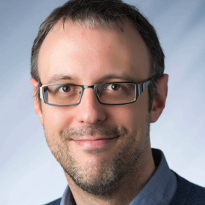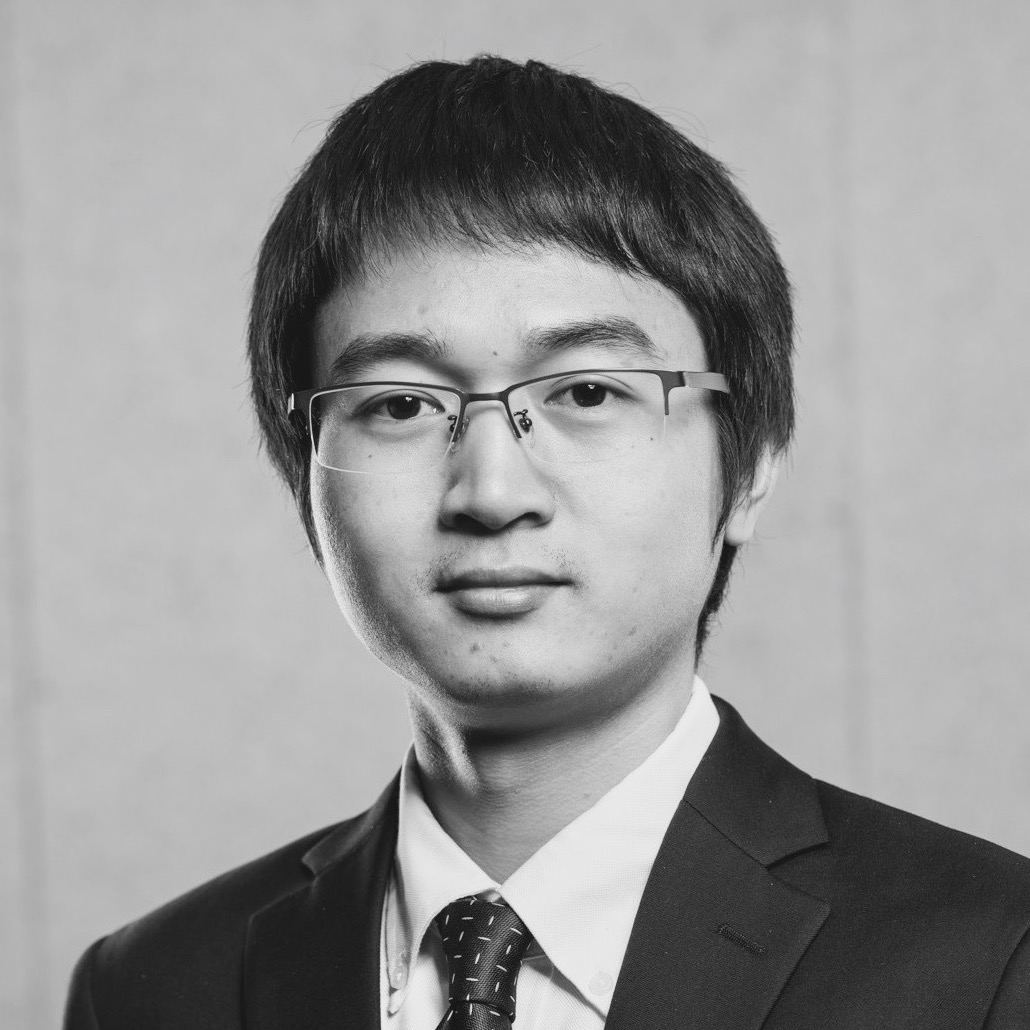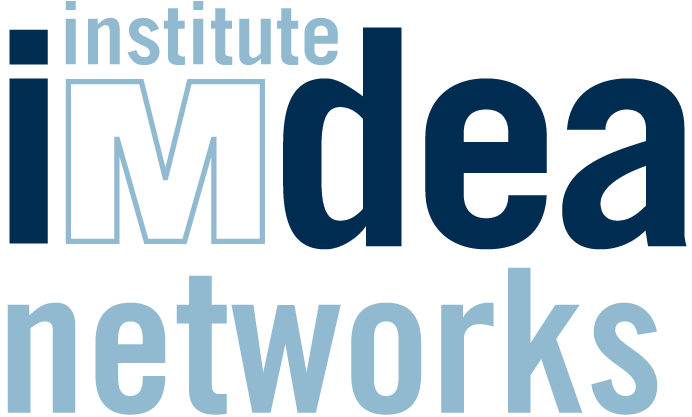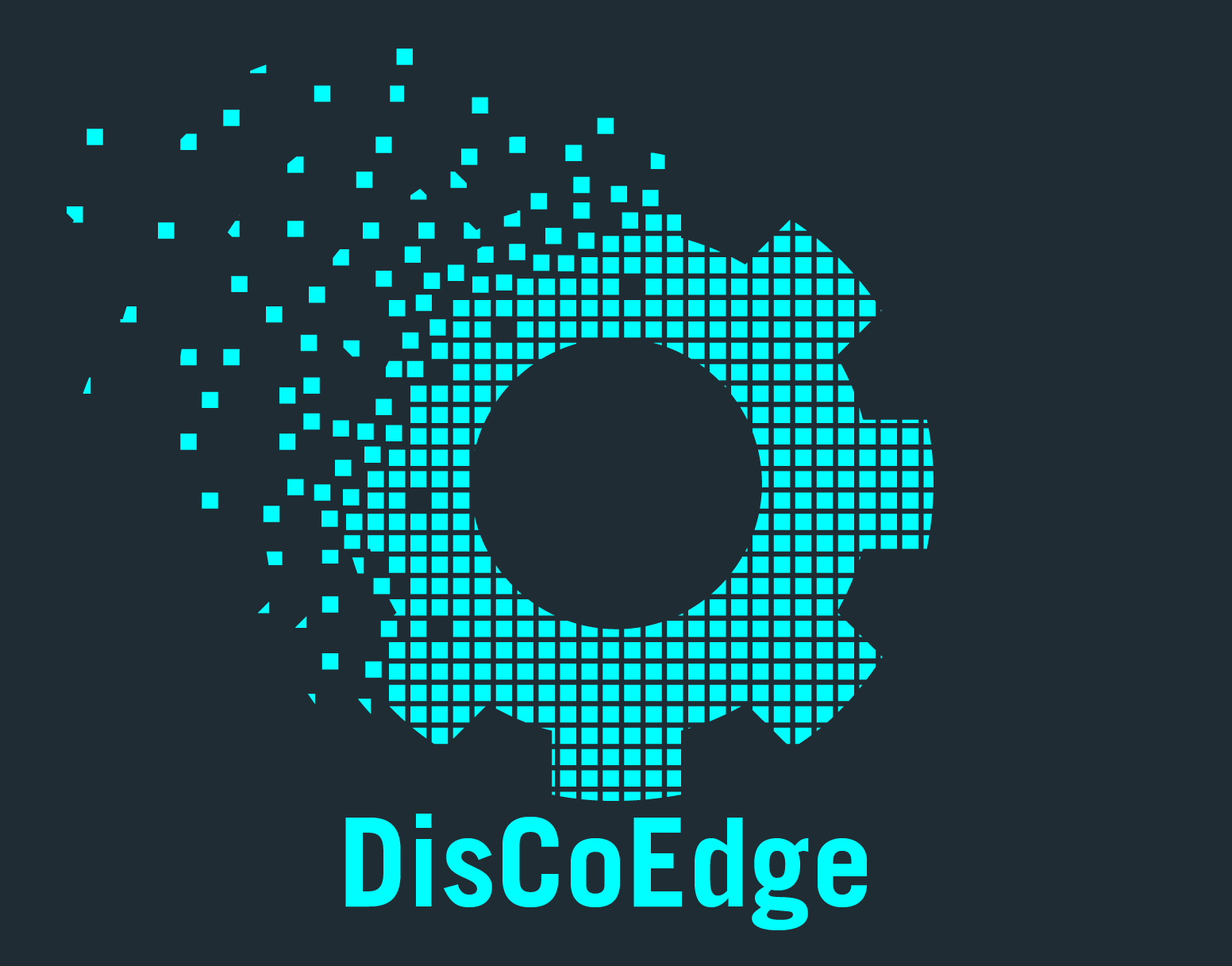Keynote

Title: Edge Intelligence: The Convergence of Humans, Things, and AI
Abstract: Edge AI and Human Augmentation are two major technology trends, driven by recent advancements in edge computing, IoT, and AI accelerators. As humans, things, and AI continue to grow closer together, systems engineers and researchers are faced with new and unique challenges. In this talk, we analyze the role of Edge computing and AI in the cyber-human evolution, and identify challenges that Edge computing systems will consequently be faced with. We take a closer look at how a cyber-physical fabric will be complemented by AI operationalization to enable seamless end-to-end Edge intelligence systems.
Bio: Schahram Dustdar is Full Professor of Computer Science (Informatics) with a focus on Internet Technologies heading the Distributed Systems Group at the TU Wien. He is Chairman of the Informatics Section of the Academia Europaea (since December 9, 2016). He is elevated to IEEE Fellow (since January 2016). From 2004-2010 he was Honorary Professor of Information Systems at the Department of Computing Science at the University of Groningen (RuG), The Netherlands. From December 2016 until January 2017 he was a Visiting Professor at the University of Sevilla, Spain and from January until June 2017 he was a Visiting Professor at UC Berkeley, USA. He is a member of the IEEE Conference Activities Committee (CAC) (since 2016), of the Section Committee of Informatics of the Academia Europaea (since 2015), a member of the Academia Europaea: The Academy of Europe, Informatics Section (since 2013). He is recipient of the ACM Distinguished Scientist award (2009) and the IBM Faculty Award (2012). He is Co-Editors-in-Chief of ACM Transactions on Internet of Things (TIOT) and an Associate Editor of IEEE Transactions on Services Computing, ACM Transactions on the Web, and ACM Transactions on Internet Technology and on the editorial board of IEEE Internet Computing. He is the Editor-in-Chief of Computing (an SCI-ranked journal of Springer).







